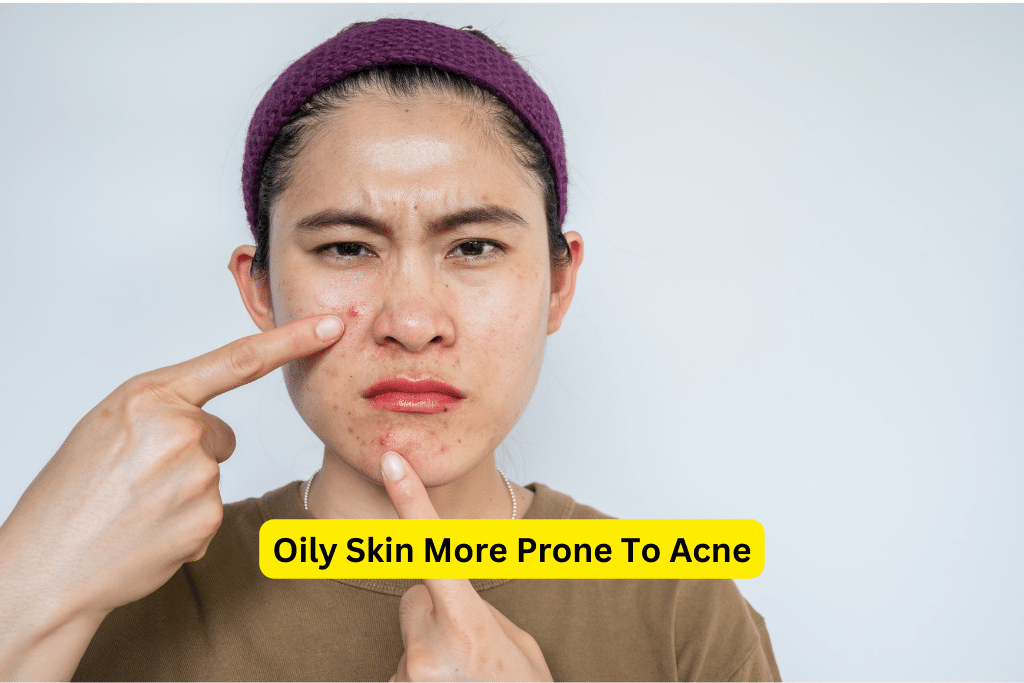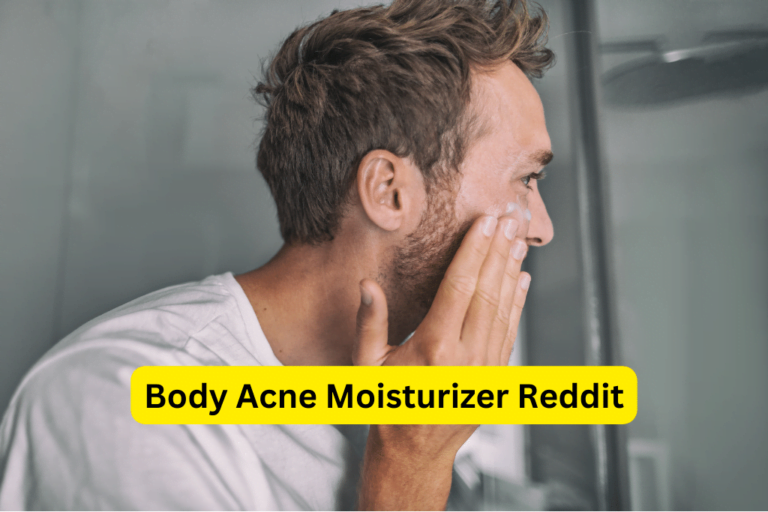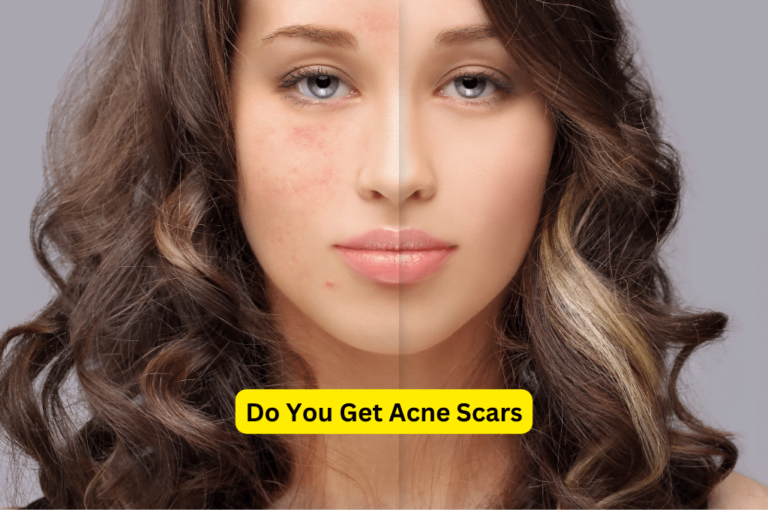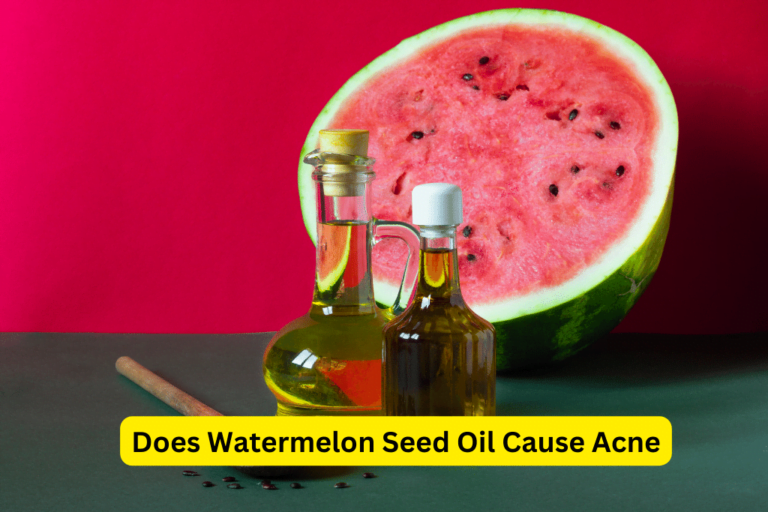Overcoming Acne: Targeting Oily Skin’s Vulnerability
Oily Skin More Prone To Acne
Oily skin and acne often go hand in hand, causing frustration and self-consciousness for many individuals. Understanding the complex relationship between these two conditions is crucial for effective prevention and treatment. In this article, we will delve into the causes of oily skin and acne, how they are interconnected, and explore strategies to manage and treat both. Let’s dive in!
What is Oily Skin?
Oily skin, also known as seborrhea, is a skin type characterized by excessive oil production. The sebaceous glands, which are responsible for producing sebum (the skin’s natural oil), become overactive, leading to a greasy appearance and a heightened likelihood of acne formation. Common factors contributing to oily skin include genetics, hormonal imbalances, and environmental factors.
What is Acne?
Acne, on the other hand, is a skin condition characterized by the formation of pimples, blackheads, whiteheads, and in severe cases, cysts on the skin. It occurs when hair follicles become clogged with dead skin cells, oil, and bacteria. Acne can range from mild to severe and often has psychological as well as physical implications.
The causes of acne are multifactorial and can vary from person to person. Hormonal fluctuations, genetic predisposition, and environmental factors such as pollution and humidity all play a role in acne development. However, **excessive oil production is a key factor** that makes oily skin particularly prone to acne.
The Relationship Between Oily Skin and Acne
The connection between oily skin and acne lies in the role that sebum plays in pore clogging and bacteria growth. **Excess sebum can mix with dead skin cells, leading to the formation of acne lesions**. Furthermore, the oily environment created by excessive sebum production provides a perfect breeding ground for bacteria, specifically Propionibacterium acnes, which can exacerbate acne symptoms.
Factors Influencing Acne Severity in Oily Skin
Several factors can influence the severity of acne in individuals with oily skin. Hormonal fluctuations, such as those that occur during puberty, menstruation, and hormonal imbalances, can trigger increased sebum production. **Genetic predisposition** also plays a role, with some individuals being more prone to acne due to inherited characteristics. Additionally, **environmental and lifestyle factors**, such as excessive humidity, exposure to pollutants, and certain medications, can exacerbate acne symptoms. Understanding these factors can help tailor treatment approaches for individuals with oily skin.
Acne Triggers: Identifying Common Culprits
Identifying and avoiding common triggers can help manage and prevent acne breakouts in individuals with oily skin. **Certain skincare products and makeup** containing comedogenic ingredients – those that clog pores – can contribute to acne formation. It is important to choose **non-comedogenic or oil-free** products that won’t exacerbate oiliness or pore clogging. Moreover, **diet** can also play a role in acne-prone skin, with certain foods, such as dairy and high-glycemic index foods, potentially influencing acne severity.
Managing Oily Skin to Prevent Acne
Establishing a Daily Skincare Routine
A consistent and effective skincare routine is essential for managing oily skin and preventing acne breakouts. It is important to cleanse the skin twice a day using a gentle cleanser specifically formulated for oily skin. **Lightweight, non-comedogenic moisturizers** should be used to maintain hydration without adding excessive oil. Additionally, incorporating products with **salicylic acid or benzoyl peroxide** can help control oil production and prevent acne formation.
Choosing the Right Products for Oily Skin
When selecting skincare products for oily skin, it is important to look for ingredients that can help regulate oil production and promote a balanced, healthy complexion. **Key ingredients** to consider include salicylic acid, niacinamide, hyaluronic acid, and tea tree oil. However, it is essential to clear up some common misconceptions – contrary to popular belief, **oily skin still needs moisturization**, and using harsh, drying products can actually exacerbate oiliness. Striking the right balance is key.
Lifestyle Changes for Clearer Skin
Beyond skincare, certain lifestyle changes can have a significant impact on managing oily skin and preventing acne breakouts. Stress has been linked to increased sebum production, so it is important to identify and manage stress through practices such as yoga, meditation, or engaging in hobbies. Regular exercise and a healthy diet rich in fruits, vegetables, and omega-3 fatty acids can also support overall skin health. Proper hygiene, including **regularly washing pillowcases, hats, and makeup brushes**, can prevent bacterial growth and reduce the risk of acne breakouts.
Treating Oily Skin and Acne
Over-the-Counter Treatment Options
For mild to moderate acne, several over-the-counter treatments can help manage oily skin and reduce acne breakouts. Products containing **benzoyl peroxide, salicylic acid, or sulfur** can be effective in controlling oil production and promoting the shedding of dead skin cells. However, it is important to start with a lower concentration and gradually increase as tolerated to avoid excessive dryness or irritation.
Prescription Medications and Professional Treatments
In cases of moderate to severe acne, dermatologists may prescribe oral medications or topical treatments to target oily skin and acne. **Retinoids**, such as tretinoin and isotretinoin, are commonly prescribed to regulate oil production and promote skin cell turnover. In addition, professional treatments such as **chemical peels, laser therapy, or micro-needling** can be used to improve skin texture and reduce acne scars.
Home Remedies and Natural Treatments
While there are various home remedies and natural treatments that are often touted as effective for oily skin and acne, it is important to exercise caution. **Natural remedies such as tea tree oil, green tea extracts, and apple cider vinegar** may have some potential benefits, but it is essential to do thorough research and consult with a healthcare professional before trying them. Some natural ingredients can cause skin irritation or allergies, and they may not be suitable for everyone.
Conclusion
Summary of Key Points
Oily skin and acne are closely intertwined, with excessive oil production being a significant factor in acne development. Hormonal fluctuations, genetic predisposition, and environmental/lifestyle factors can exacerbate acne symptoms in individuals with oily skin. However, with proper skincare, lifestyle changes, and appropriate treatments, it is possible to manage and prevent acne breakouts effectively.
Final Thoughts
If you have oily skin and struggle with acne, it is crucial to seek professional advice from a dermatologist or skincare expert. They can provide personalized recommendations and treatments tailored to your specific needs. Remember, **consistency in skincare routine and preventive measures** is the key to maintaining clearer, healthier skin. By taking proactive steps, you can conquer oily skin and acne, reclaiming your confidence and enjoying the complexion you deserve.









